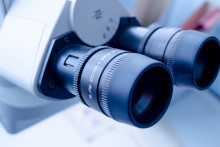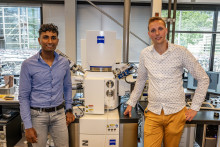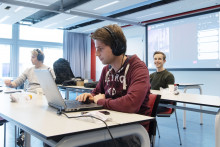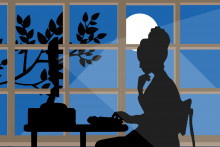Every three years the Rathenau Instituut takes soundings to see what confidence people have in science. The results of the survey are consistently positive: the Dutch consider science much more reliable than, for example, politics and the media.
Highest figure
But is that not different in the time of coronavirus? No, according to the answers given earlier this year by over 1,500 respondents. On the contrary, three years ago people gave a rating of 7.1 to the reliability of science. That has now risen to 7.4 – the highest figure to date, says the Rathenau Instituut.
In second place is the judiciary (6.9), followed by newspapers (6.1) and trade unions (6.1). The House of Representatives and the government just managed to get a 6, but that is not the case for television (5.9) and big companies (5.5).
Almost a quarter of the respondents say that their confidence in science has actually increased because of the corona crisis. For 16 percent of respondents the opposite is true. Remarkably, respondents from both groups say that their opinion is based on the speed with which the vaccines have been developed: some see that as a plus point, others are scared by it.
Face masks
On the topic of science, Dutch people have the greatest confidence in medical research, such as cancer, dementia or coronavirus vaccine research. Research into energy-efficient homes and healthy eating inspires a lot of confidence too.
Lower on the list are various types of social research, for example improving Dutch language teaching programmes or forecasting economic developments. And right at the bottom is research into the effectiveness of face masks.
The Rathenau Instituut sees ‘no significant differences based on age or gender’. In other words, men and women have equal confidence in science, as do the elderly and the young, although highly educated people more so than others.
The survey, which was conducted shortly after the parliamentary elections in March, also looked at political preferences. It emerged that GroenLinks and D66 voters have greater confidence in science and other institutions than PVV voters.
Nobel Prize winners
What do people understand by the term ‘real’ scientist? According to many respondents it could be a researcher at a university or at a company that develops anti-cancer drugs, a Nobel Prize winner or a medical specialist at a university medical centre.
On the other hand, family doctors, researchers at the Netherlands Institute for Social Research, car designers and ‘economists on TV or in the newspapers’ are out of luck. They are less frequently regarded as scientists.






